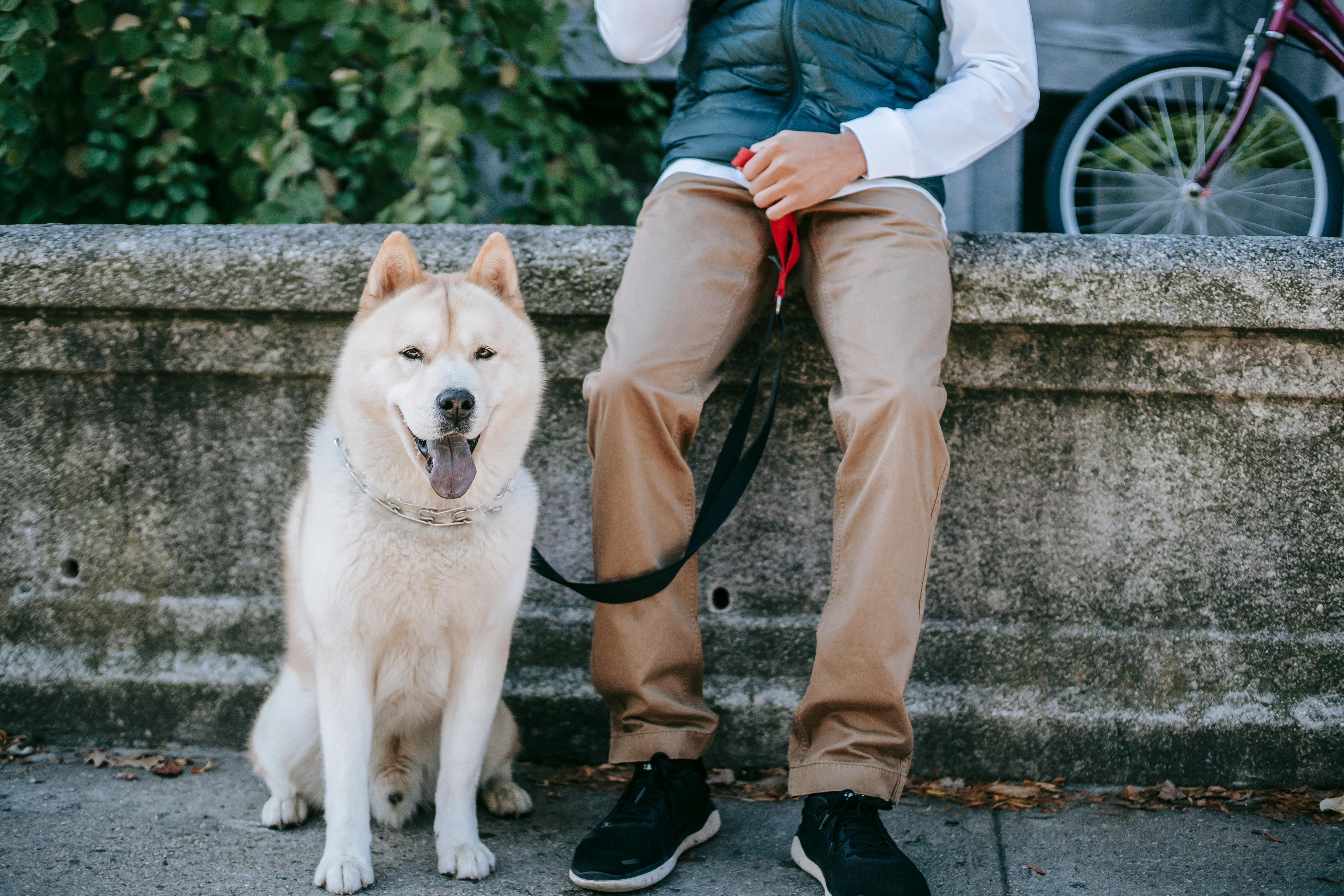Dogs are rarely accused of not having an appetite and, in most cases, eat their fill at every opportunity. However, for the dog owner this can create a number of problems, especially when the dog is overweight. Knowing how much dog food to give your dog should be a case of following the directions on the package, though as every dog is different, it’s important to understand the factors that should be included in his feeding regimen.
It is generally accepted that a dog should be given a weight of dog food per day that is around 2-3% of its own body weight, understandably feeding a chihuahua 700g of food per day is inappropriate , while this may be a reasonable amount for a Saint Bernard or Great Dane. This simplistic equation is not without its flaws, however, the amount of dog food needed can still be based on the dog’s age and lifestyle.
Puppies as growing dogs require more food per body weight than adults, usually around 4-6% of their weight, although this should be spread over 3-4 feedings. At this stage of their life, puppies also benefit from strict meal times, as this prepares them for adulthood. Adults, on the other hand, generally require only two meals per day, and fewer as they age.
Another factor that affects how much food you should give your dog is your lifestyle; an active dog, for example, will burn more calories in the space of a day than a dog that is efficiently sedentary. In most cases, dogs are given too much food and not enough exercise, so it may be wise to err on the side of caution and feed them less.
Remember that dogs will not get their energy solely from the food they receive at mealtime. Owners will usually provide an occasional treat and the caloric content of these should be added to the caloric content of the meal when deciding how much food to give out.
Deciding how much to feed your dog doesn’t always have to follow package guidelines and by understanding the types of factors that affect your dog’s weight, it’s possible to make changes to the amount of food you give him. However, if you start to worry that your dog is overweight or underweight, the best advice is to visit your vet who will weigh your dog, take into account its breed, age and lifestyle and be able to provide you with more accurate information on the amount . of food to be given.
